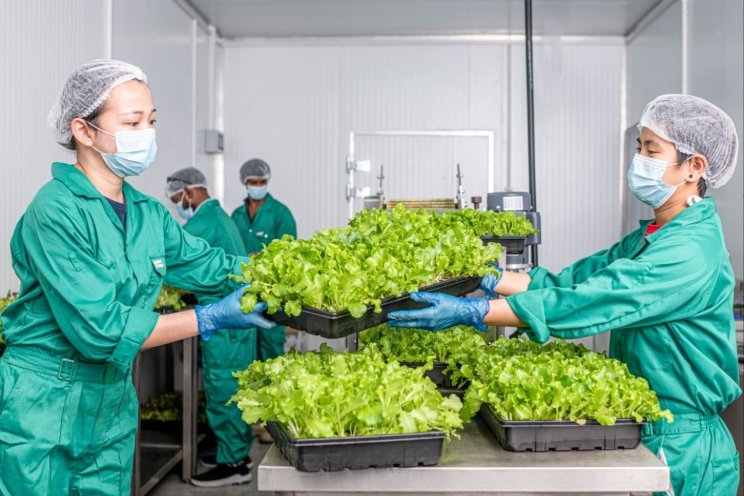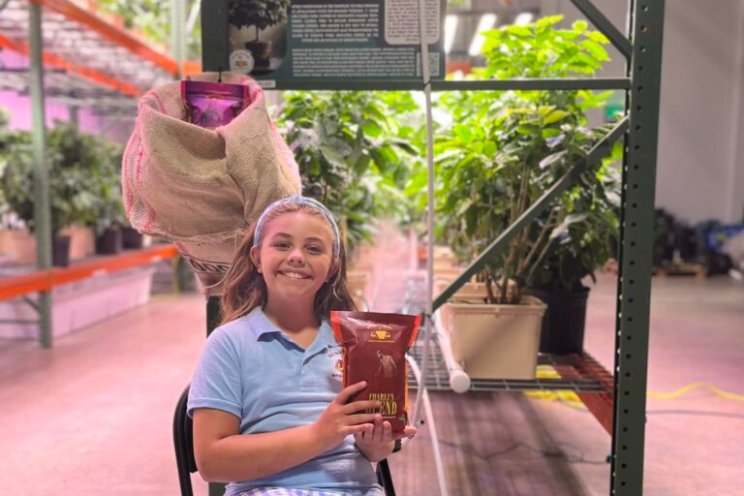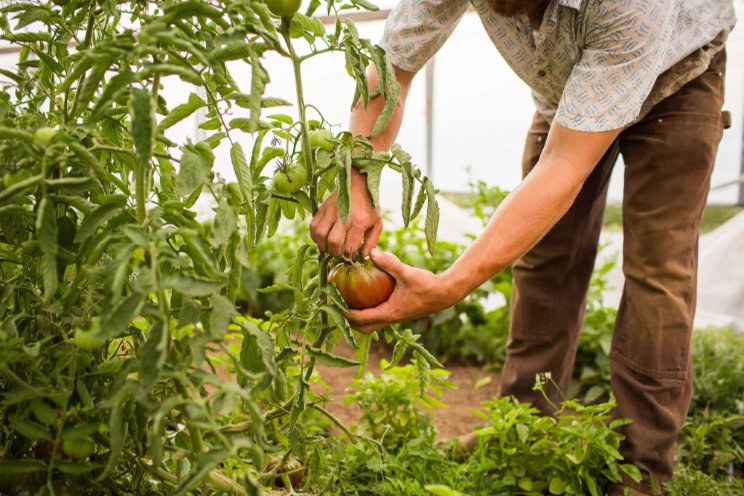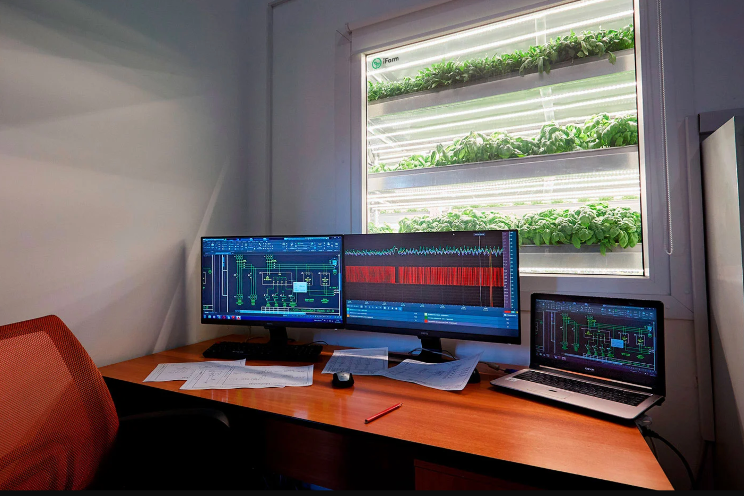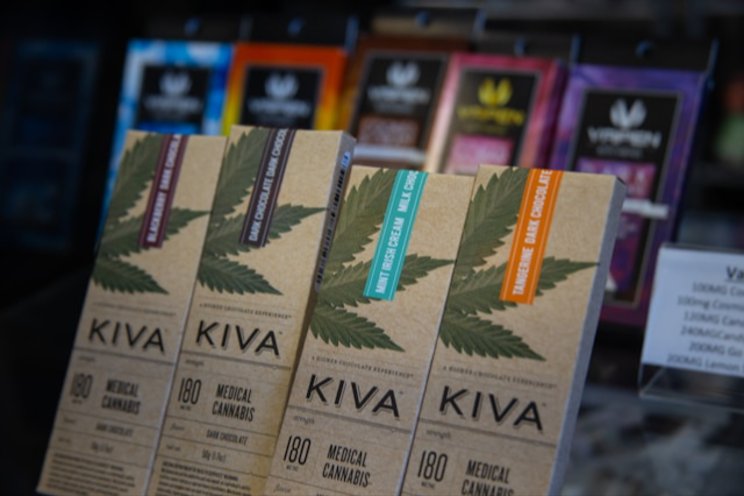A tech revolution at Revolution Farms
Added on 15 November 2021
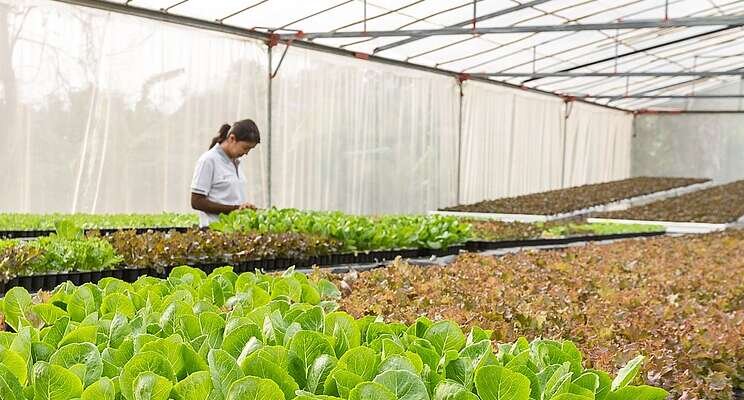
"We started with 1 acre of deep-water culture production, and we've now expanded to 3 acres, including 2 acres of a moving gutter system with more than 17,000 gutters," says Tam Serage, Head Grower at Revolution Farms.
As Serage and the Revolution Farms team saw the future potential of an expanding market, they knew that their own expansion would require an investment in the right technology that would allow them to consistently produce a high-quality product.
More Production in the Same Space
Serage says the initial 1-acre deep-water culture system worked well at the beginning, but it quickly became evident that as demand for the company's premium lettuce rose, it wouldn't offer enough space.
"As we expanded in size, we knew we needed a production system that would be less reliant on human labor and eliminate the need for people to keep pulling rafts out of the water," Serage says.
The system Revolution Farms ended up installing, from Green Automation in Finland, has allowed it to triple its production in a minimal amount of space.
"Having two systems gives us versatility," Serage says "The deep-water culture gives us the ability to start the process, and the Green Automation gutter system gives us the ability to provide that loose-leaf lettuce product at a higher volume."
With the system, total growing time is 24 to 28 days from seed to harvest, and the goal is to cut more than 20,000 pounds per week.
Minimizing Food Safety Risks
The biggest benefit to the system, Serage says, is that it dramatically reduces the risk of food safety scares because there's much less human contact through the entire production line.
"Instead of having our people go out into the field and risk contamination as the crop is transported from one area to another, we can grow, harvest, and package the product in a limited space just through the machinery," Serage says.
His production team also likes the system, Serage says, because their jobs have become less focused on manual labor and more on technical skills, and it also frees them up to move into other areas that better align with their interests. In fact, despite adding 2 more acres of production, the company didn't have to triple its labor force when it tripled its growing space, as it only takes three people to seed, cut, and clean the gutters in the new greenhouse with the Green Automation system..
"You still have to have a good maintenance crew," Serage notes. "It's automated, but it's still a machine."
Click here to read more.
Photo credit: Pixabay
Source: Greenhouse Grower
More news

